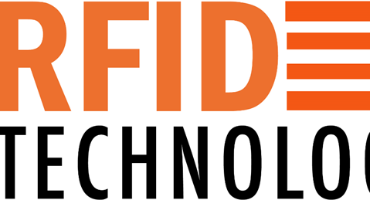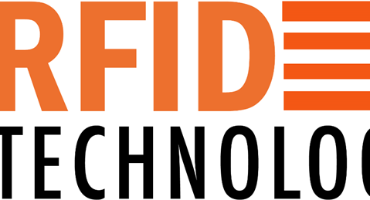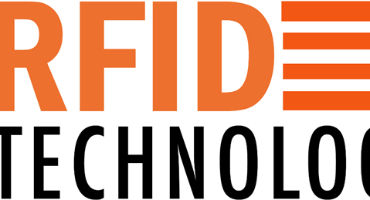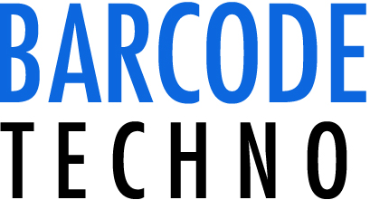Some of the key benefits are:
Speed and efficiency: RFID technology can capture data much faster than barcode technology. With RFID, data can be captured automatically and without line-of-sight scanning, which means that multiple items can be read at once, making the process faster and more efficient.
Accuracy: RFID technology is more accurate than barcode technology because it does not rely on human intervention. With barcode technology, mistakes can be made if the barcode is not scanned correctly, or if the barcode is damaged or obscured. RFID technology can read tags even if they are damaged or dirty, ensuring accurate data capture.
Scalability: RFID technology can scale up to handle large volumes of data and multiple locations. This makes it ideal for use in retail and supply chain industries, where there is a need to track inventory and assets across multiple locations.
Real-time data: RFID technology can provide real-time data, allowing retailers and supply chain managers to make faster and more informed decisions. Real-time data can help identify and address supply chain issues, such as inventory shortages or delays in shipments.
Improved visibility: RFID technology can provide greater visibility into the supply chain, allowing retailers and supply chain managers to track inventory and assets in real-time. This can help reduce the risk of stockouts, theft, and other issues that can impact the bottom line.
RFID technology offers significant advantages over barcode technology in data capture and autoID in retail and supply chain industries. Its speed, accuracy, scalability, real-time data, and improved visibility make it an attractive option for companies looking to streamline their operations and improve their bottom line.





